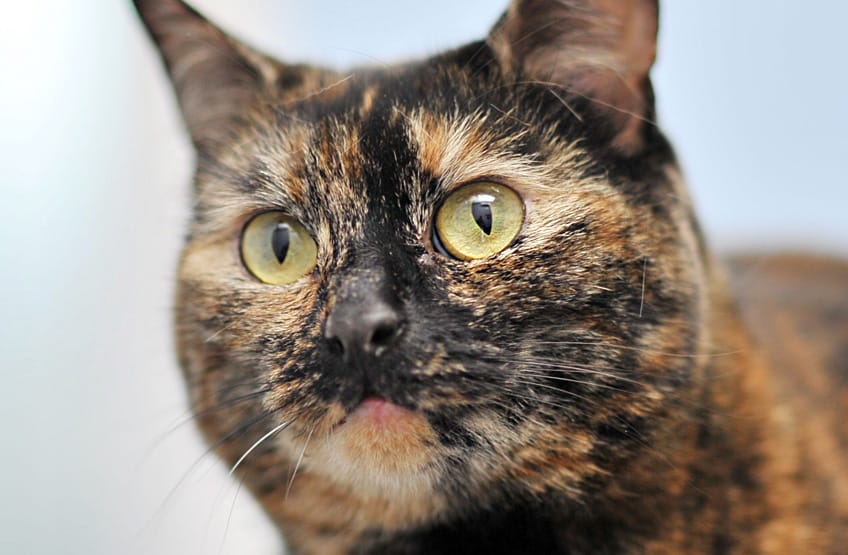Starting off your cat's life with good nutrition, scheduled veterinary appointments and a happy home life sets the blueprint for a high quality of life in older years.
Most cats are considered geriatric by the age of 8 to 10. Much like humans, time takes its toll on vital organ functions as your cat ages.
Cats are more subtle than dogs in showing you when they are sick or in pain. Paying attention to your cat's behaviour will make detecting problems easier and help them live healthier lives well into their teens.
Common Problems
Obesity
Obesity is a big health risk. An older cat is a less active cat, so adjustments to your pet's diet to reduce calorie intake are imperative. This will relieve pressure on the joints as well as manage the risks of heart failure, kidney or liver disease, digestive problems and more. Other changes to nutrition should include increasing fibre, fatty acids and vitamins while decreasing phosphorus, sodium, protein and fat.
Diabetes
This is common in older cats, it is a disease where your cat's pancreas can no longer produce enough of the hormone insulin. Increased thirst is a possible sign of diabetes, kidney failure or hyperthyroidism.
Arthritis
Severity of arthritis can range from slight stiffness to debilitation. You may detect this problem when he/she becomes less attentive about grooming and litter box habits. These signs may also indicate the slowing down of cognitive functions. Anti-inflammatory medication can help relieve the pain. Your veterinary surgeon will prescribe any necessary medication.
Immune System
Frequent colds or infection may indicate and impaired immune system. Ensure you cat has a check-up, you veterinary surgeon will determine this and prescribe the appropriate medication.
Hormones
As your cat gets older it will product less hormones and may become intolerant to hot and cold temperatures. Try moving your cat's bed closer to a heat source and not letting them go outside on cold days.
Dental
Tooth loss or decay not only makes it harder to chew but also increases the likelihood of infection and tumours. Cats are very sensitive to oral pain. Brushing and cleaning a cat's teeth will keep tartar, gum disease and gingivitis at bay.
Digestion
Constipation may point to colon problems or hairballs. A diet that is easily digestible and rich in nutrients is essential.
Skin and Fur
Problems with skin and coat in ageing cats means the skin loses elasticity, making your pet more susceptible to injury. Regular grooming to maintain the coat's lustre and fatty acid supplements are highly beneficial.
Appetite
Decreased sense of smell may impact your cat's appetite. Try serving smaller portions more often throughout the day and ask your vet about foods for geriatric cats.
What can I do?
- Check your cat's mouth, eyes and ears regularly. Watch for loose teeth, redness, swelling or discharge.
- Keep your pets sleeping area clean and warm
- Make fresh water available at all times
- Maintain a regime of proper nutrition and loving attention
If you have an older cat and are worried about any of the above, or notice any unusual behaviour or symptoms, contact your vet and ensure to get regular check-ups.



Our Services